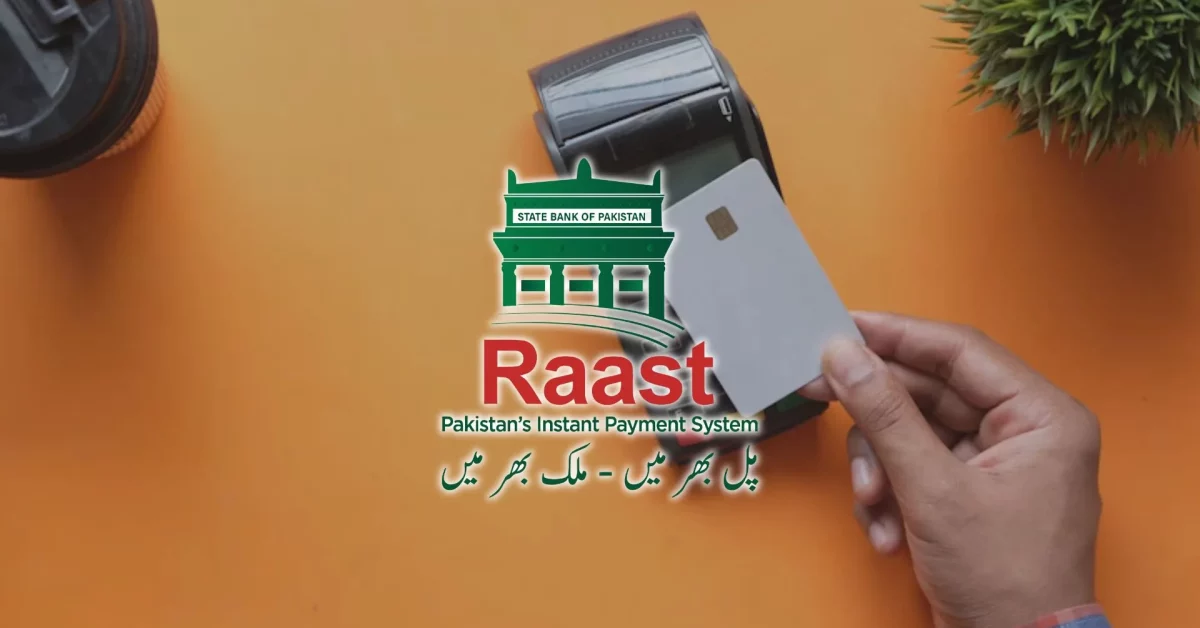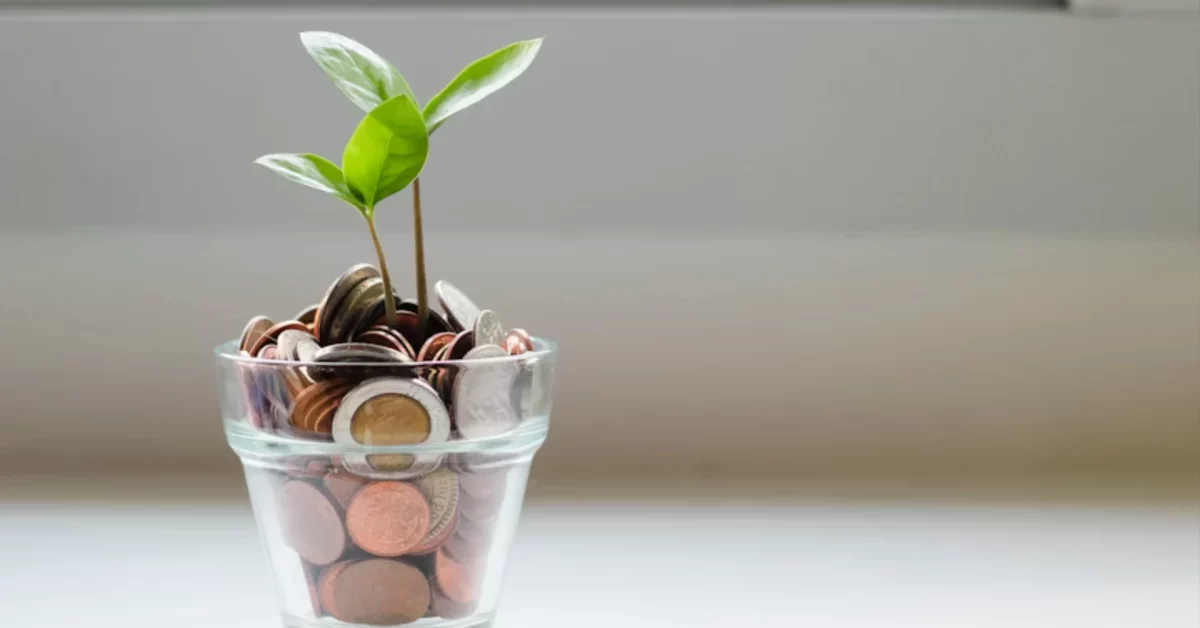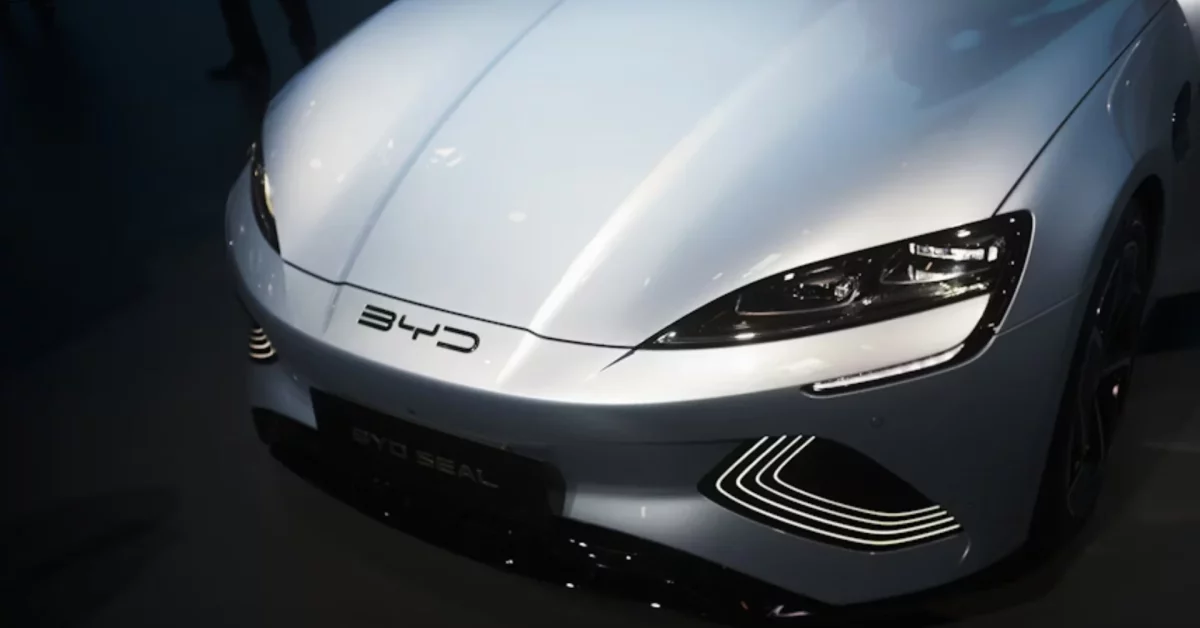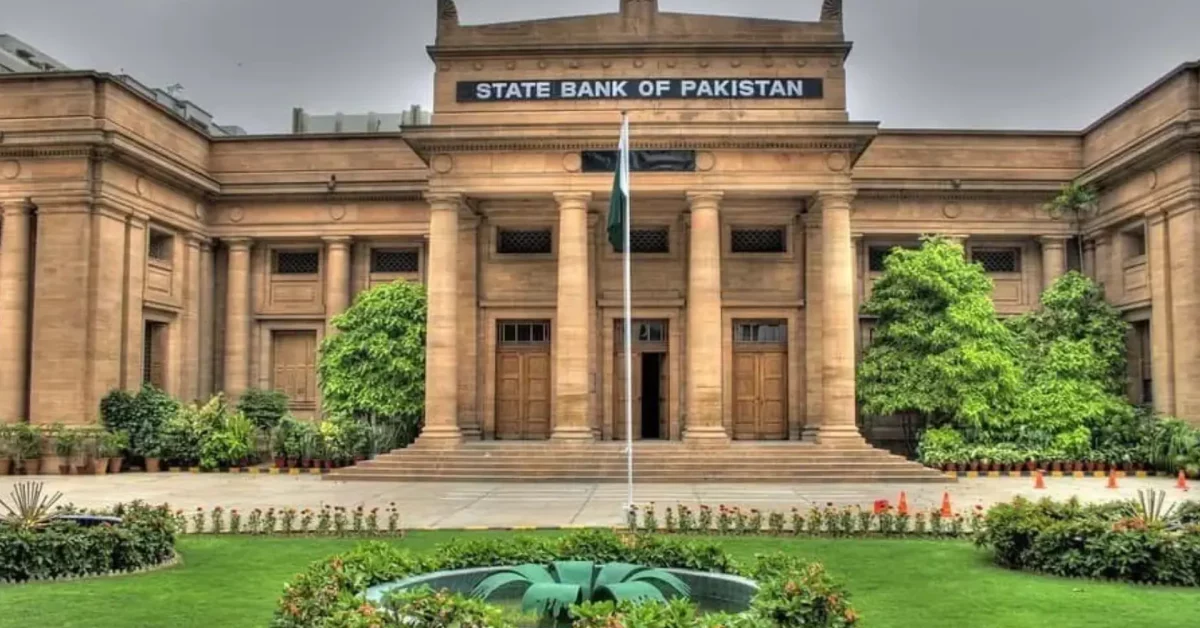
Tamasha Breaks Records: Exceeding 25 Million Monthly Users – Highest Ever for a Pakistani streaming app
September 26, 2025
Academic Plight in The Age of AI
September 26, 2025Raast QR Subsidy Powers Cashless Pakistan Drive
The Government of Pakistan has approved a Rs 3.5 billion subsidy to promote wider adoption of Raast QR payments and advance the country’s transition toward a cashless economy. The subsidy, which will run from September 1, 2025, to June 30, 2026, provides financial institutions with 0.5 percent of each qualifying Person-to-Merchant (P2M) transaction or up to Rs 100, whichever is lower. This incentive is meant to encourage banks and payment providers to onboard more merchants onto the Raast ecosystem. The initiative forms part of the Prime Minister’s Cashless Economy Program, with costs to be shared equally between issuing and acquiring banks.
To ensure transparency and compliance, the State Bank of Pakistan (SBP) has issued detailed guidelines. Only transactions carried out through the official Raast system will qualify, and banks, microfinance institutions, and payment service providers must keep verifiable records of eligible claims. These will be submitted quarterly to Raast Payments Pakistan for auditing and reconciliation. In cases where demand surpasses the Rs 3.5 billion allocation, the subsidy rate will be adjusted downward to stay within the approved budget.
Beyond the financial support, this scheme is expected to play a vital role in reshaping Pakistan’s payment landscape. By reducing barriers for merchants to adopt QR-based systems, the government aims to boost digital transaction volumes and lessen dependence on cash. If effectively implemented, it could strengthen the digital payments infrastructure, broaden financial inclusion, and build greater confidence in digital transactions among businesses and consumers alike.






